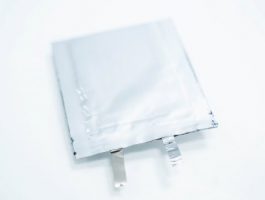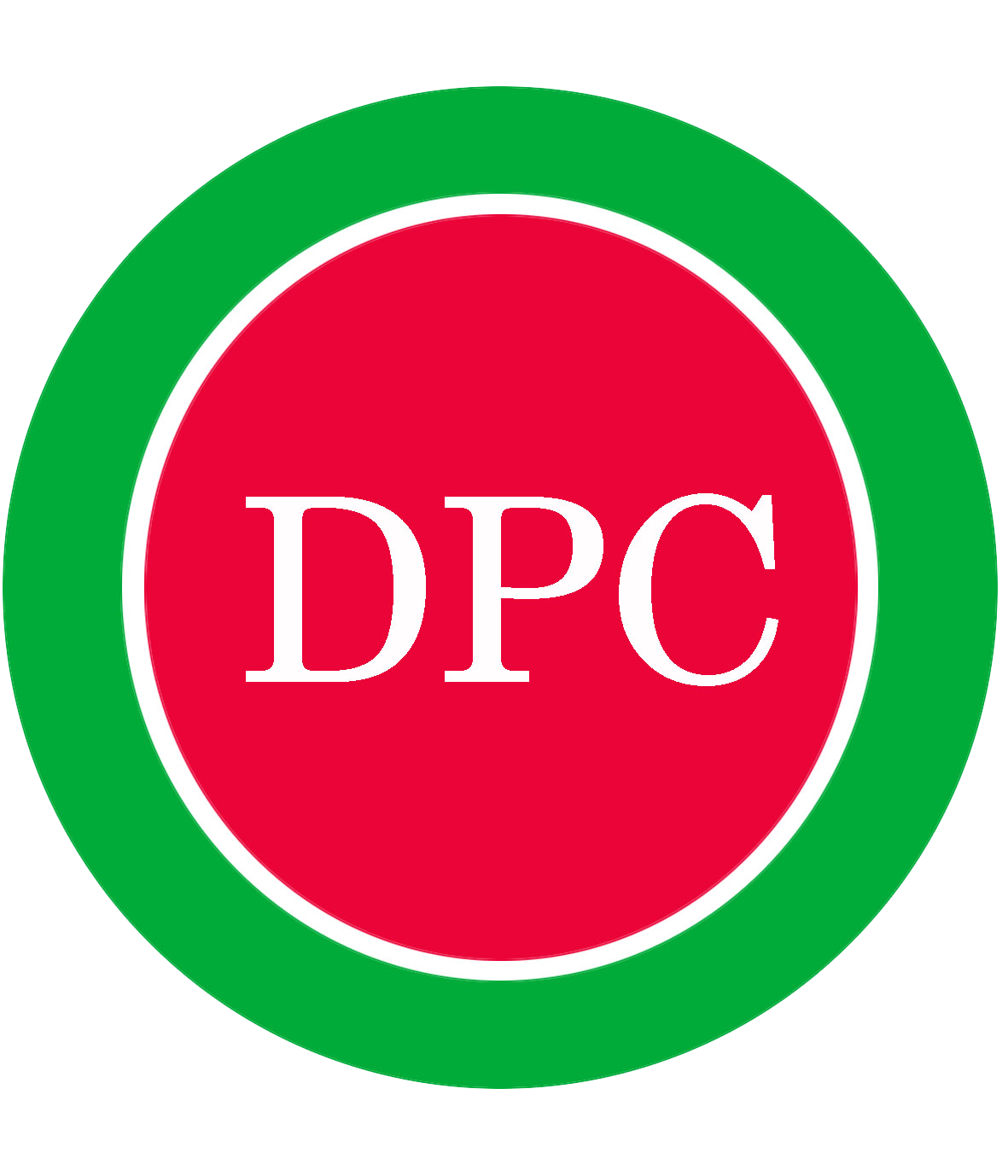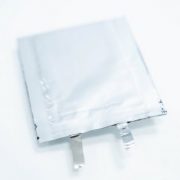European solid-state battery boosts energy density by 25+ percent
19 September 2024

The European H2020 Solidify consortium has developed a solid-state lithium battery with an energy density of 1070 Wh/L, compared to 800 Wh/L for state-of-the-art commercial lithium-ion batteries. The manufacturing process is claimed to be both cost-effective and adaptable to existing production lines, paving the way for commercially viable solid lithium batteries for electromobility.
Solid-state batteries employ a solid electrolyte material through which ions flow to charge and discharge, instead of the liquid electrolyte used in conventional lithium-ion batteries. This offers potential benefits such as higher energy density and reduced susceptibility to fires. At the material level, the higher energy density of the cell results from the introduction of a thin lithium metal anode together with a sufficiently thin solid electrolyte component. However, developing a cost-effective architecture for their mass production has remained elusive.

For the new battery prototype, the Imec-led consortium developed a doped polymerized ionic liquid (PIL)-based nanocomposite material, enabling a unique liquid-to-solid solidification approach. The high energy density was achieved by combining a high-capacity composite cathode, separated from a thin lithium metal anode by a thin solid electrolyte separator (50 μm), which resulted in a compact battery cell stack. In addition, the consortium overcame mechanical strength and cathode impregnation challenges to increase the cell’s charge rate to 3 hours and its lifetime to 100 cycles.
Compared to liquid electrolytes, the thermally stable solid cell had a reduced flammability, improving safety. The application of nanometer-thin protective coatings enabled the use of cobalt-lean NMC cathodes, reducing environmental impact while providing higher capacity. Next steps include further upscaling of this high-performance battery technology.
The Solidify consortium consists of 14 partners, including Delft University of Technology, VDL Groep and Delft battery material firm Powall.
Source:European solid-state battery boosts energy density by 25+ percent – Bits&Chips (bits-chips.nl)



